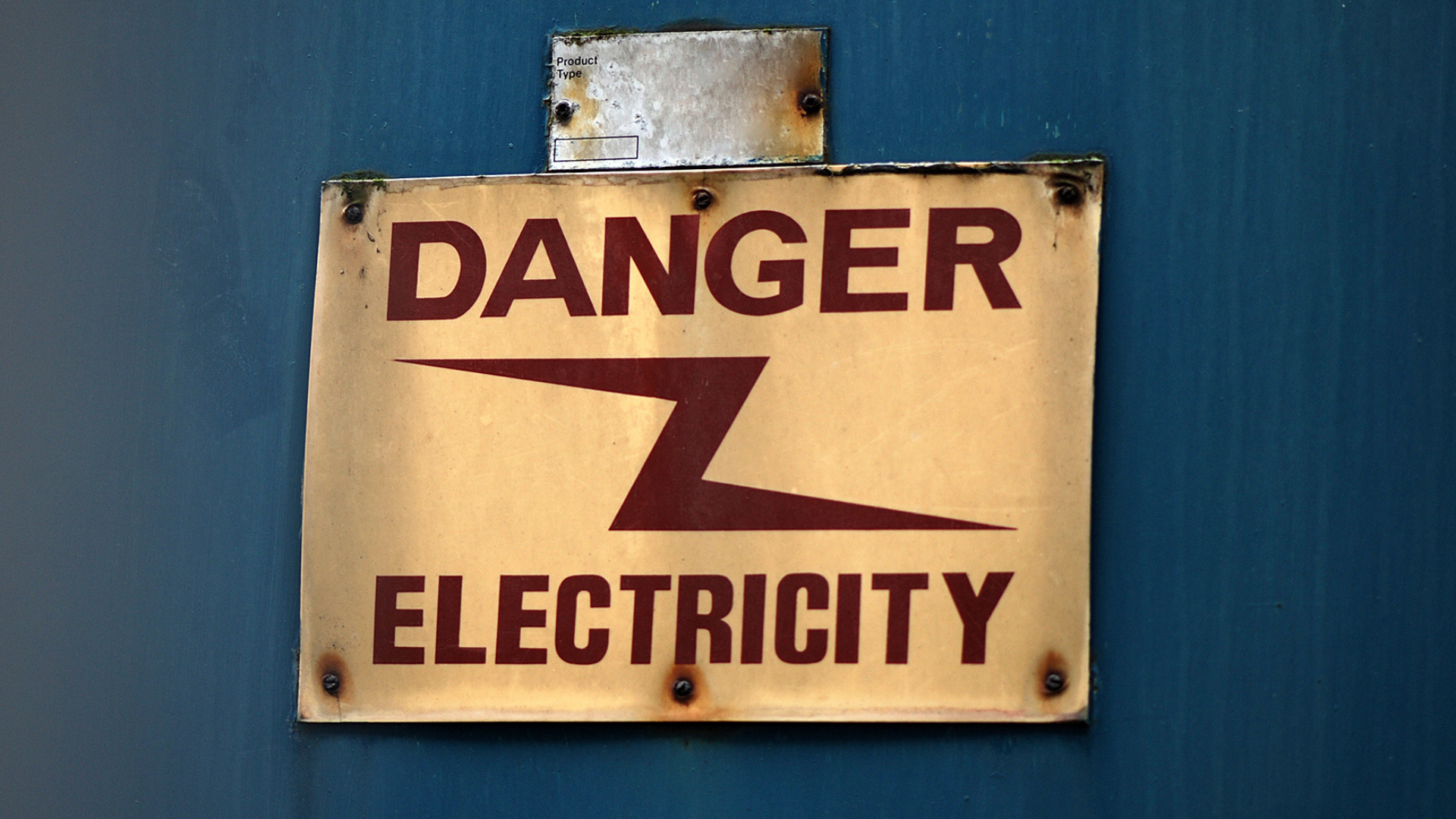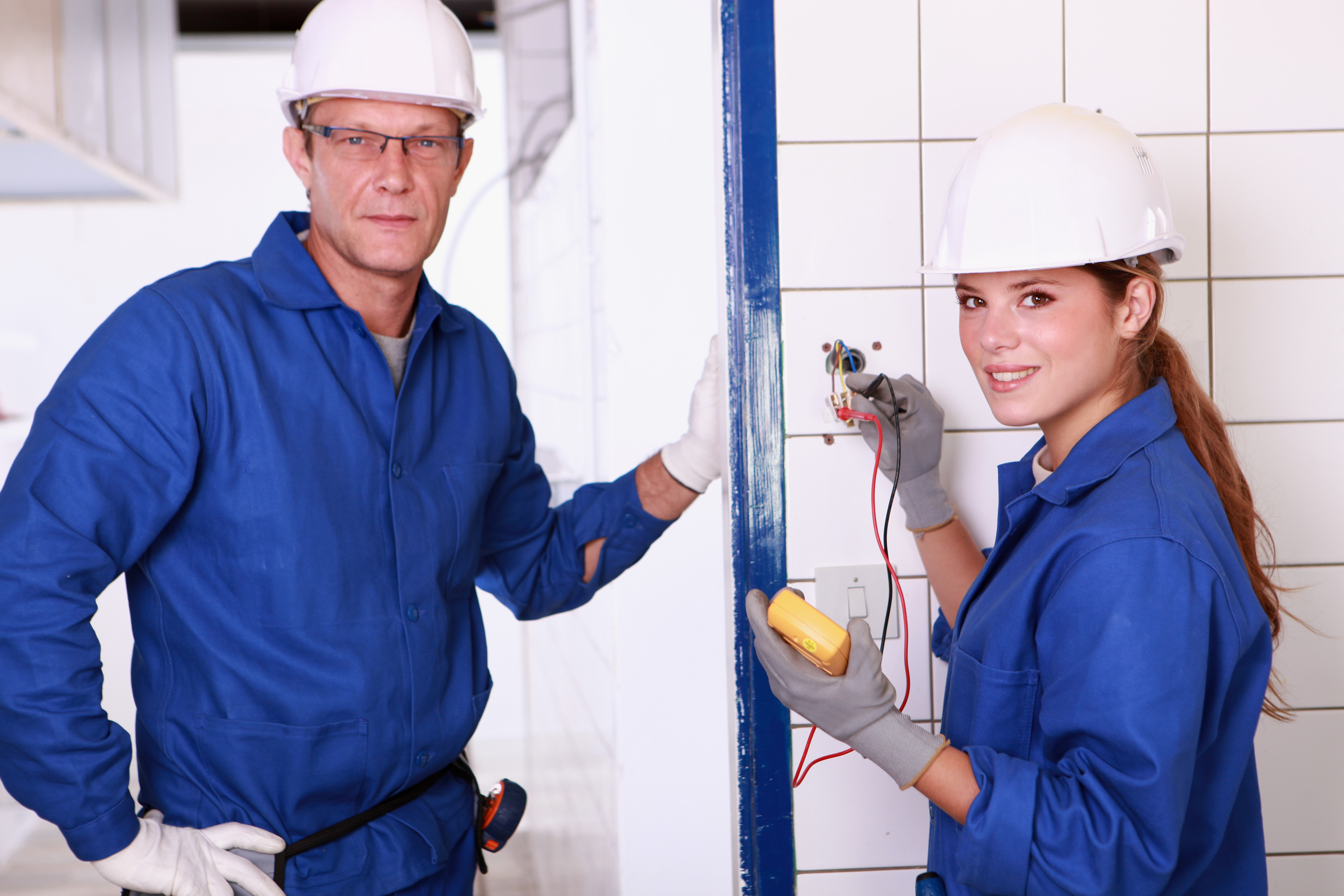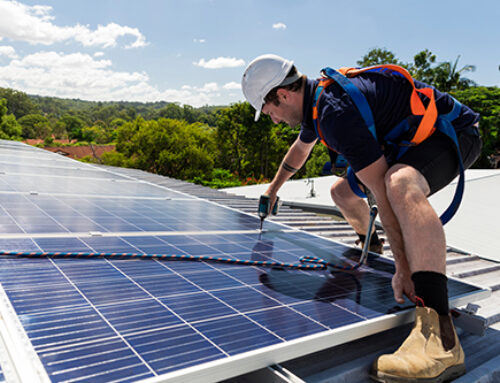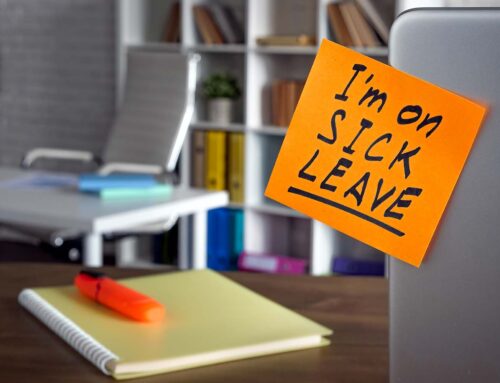We all have those thoughts as we enter the roof space on a job – ‘What’s up here this time?’ But it’s not what you can see that is most dangerous, it’s what you can’t see that may end up killing you.
All Queensland electricians should now be across the newly introduced and mandatory law of de-energising electricity supply inside the property before entering the roof space. This new regulation is part of the Electrical Safety and Other Legislation Amendment Regulations 2024. WA sparkies have had this law in place since 2018.

So, what does this mean for electrical contractors and workers?
For those in WA, and now in QLD, if you’re working at a domestic premises, you have a legal requirement to de-energise the property before entering the roof space and before any work can be carried out. You should also secure and tag the mains to ensure that other workers and customers know that the power is off and someone is in the roof space.
So, what is considered a roof space and domestic premises?
According to the QLD legislation, a roof space is:
- Immediately under the roof; or
- If there is a ceiling under any part of the roof – the space between the roof and ceiling, including the ceiling structure.
The term ‘roof space’ does not apply if the area is habitable, such as an area that has been created for storage, a bedroom or an activity room.
Domestic premises applies to the following building classes under the Australian Building Code:
- Class 1 – A residential building such as a house, town house or row of houses. It also incorporates, guest houses, and hostels with a floor area of less than 300m2 and ordinarily having less than 12 people living in them.
- Class 2 – apartment buildings.
- Class 10b – non-habitable building such as sheds, carports and private garages.
Who does this new law apply to? Is it just electricians or everyone?
It applies to all business operators and trades, such as electricians, plumbers, pest controllers – essentially, anyone entering the roof space in QLD is now required to de-energise the property at the mains.
When you think about it, it makes sense. Anyone going into a roof space can accidentally touch something.
To understand what “entering a roof space” means, the kind folk at Queensland ESO have defined that for us too. It means entering any roof space for the purpose of carrying out work. This includes:
- Entering the roof space to access the roof.
- Entering to thread a wire through a hole in the roof space.
- Poking your head through the roof space entry point to visually inspect the roof space.
While shutting off the mains at the switchboard is applicable for power coming in from the grid, for domestic properties with solar, this adds a slightly different perspective, but still requires you to be vigilant.
As we know (or may not), solar is always on and energising to the inverter. The cables and wires running through the roof space are energised. It’s important to turn off power feeding into the inverter (using the manufacturer’s required process instructions) to ensure power is not being fed back up into any appliances or lighting. But remember that wires coming from the solar panels themselves are still energised with enough DC power to cause serious or fatal injury.
You should take reasonable steps to ensure that you do not touch or go near the solar cabling, unless this is part of the required job. If your job requires you to have wired lighting or tools in the roof space and therefore have the property energised, you must take the necessary safety precautions. In this scenario, as a professional electrician, you should use your own safety processes and if needed, complete the relevant SWMS form to have work correctly documented. If you require more information about setting up or updating your SWMS, call Master Electricians Australia for assistance – 1300 889 198.
Why do we have these laws?
Quite simply: to reduce the incidents and potential incidents of electrocution caused by people entering the roof space. As houses are aging, so too are wiring insulations, especially those built pre-1980, as electrical tape was sometimes used as insulation and this may have dried out and could be peeling away. Plus, not all electricians are as safety orientated as you – so if you didn’t do the wiring, you require additional protection. If exposed wires from worn installation or poor-quality installations are touching items within the roof space, the chances of getting shocked or fatality shocked increases.
However, only QLD and WA have these laws in place to date. The remaining States and Territories are lagging in passing similar legislation to protect trades when entering the roof space. Some do have guidelines, but these are not enforceable and accidents may still happen for this reason.
Master Electricians Australia supports reasonable safety measures designed to protect Australian workers from accidental electrocution. To learn more about the Western Australia and Queensland Safety Laws regarding entering roof spaces, go to the following pages:
Western Australia – www.masterelectricians.com.au/WAroofsafety
Queensland – www.masterelectricians.com.au/QLDroofsafety




